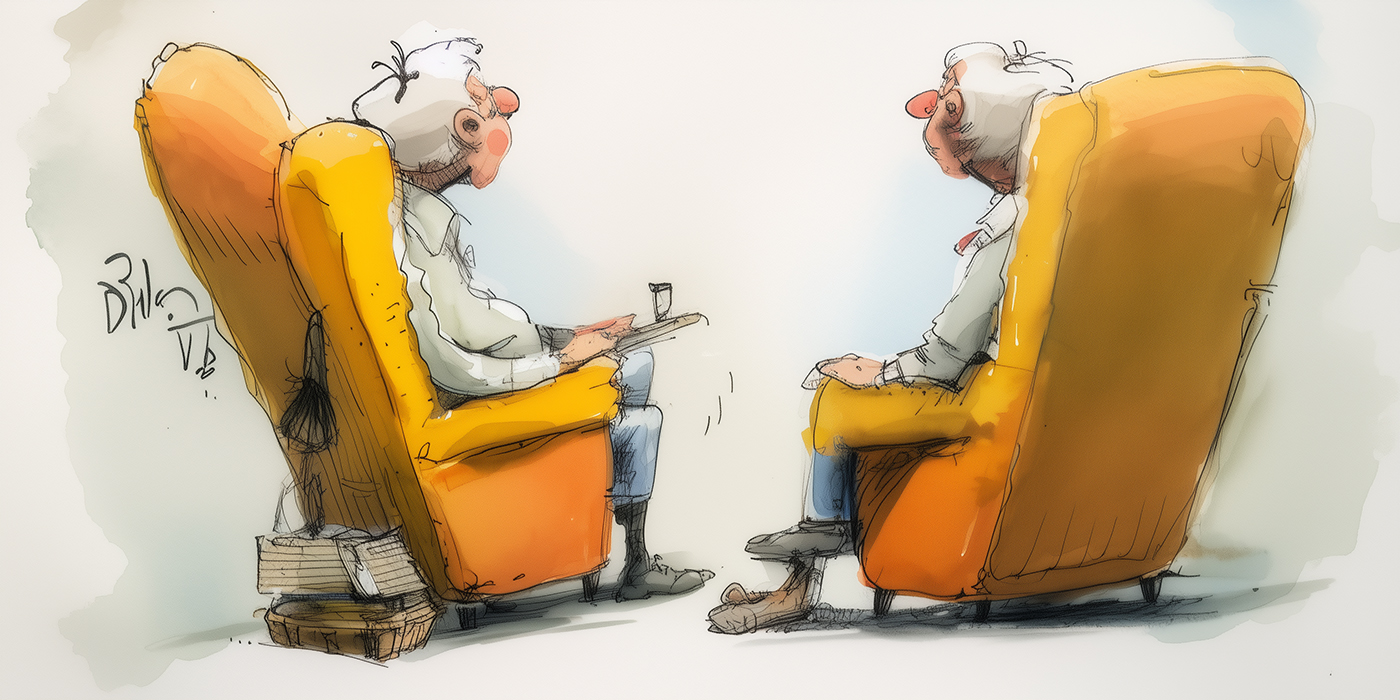The Oxford Group’s “Four Absolutes” were absolute honesty, absolute purity, absolute unselfishness, and absolute love (the Oxford group was a precursor to AA).
Early in my recovery, when my sponsor kept telling me, “Just do the next right thing,” I used those principles to help determine what the next right thing was. Since I had not yet worked all the Steps back then, my connection with God was still blocked by all kinds of unsurrendered defects and unmade amends. Those absolutes were a helpful guide, especially until I cleared away enough of the wreckage to enable any kind of real connection with Him.
Whenever thoughts like, “Well, I don’t really have to be totally honest,” or “I’ll just increase this purity thing a little at a time,” or “What about me? I deserve such and such,” or “They are no better than me. They don’t deserve justice,” I was forced to realize that my addict was trying to take control. At first, I wanted to rebel against the idea of absolutes. “I can’t be perfect. Who are they to tell me how to act? My God forgives my imperfections! Blah, blah, blah…” But somehow I knew that these principles were goals I needed to strive for.
Through my Step work, I came to realize that the program talked about “God, as I understand Him” not “God, as I want Him.” God as I wanted Him wasn’t working. I had to look at what kind of God I needed and what kind of God seems to actually exist. I had to work toward some small understanding of the reality of God, rather than the fantasy God I had pictured.
The Four Absolutes are still a helpful way for me to evaluate if something seems to be God’s will for me. Can I keep them perfectly? Well, not alone. I’m powerless to do right. But this program teaches us that there is One who has the power we need, and who’ll give it to us, if we turn to Him—if we “work the Steps.”
Dana






